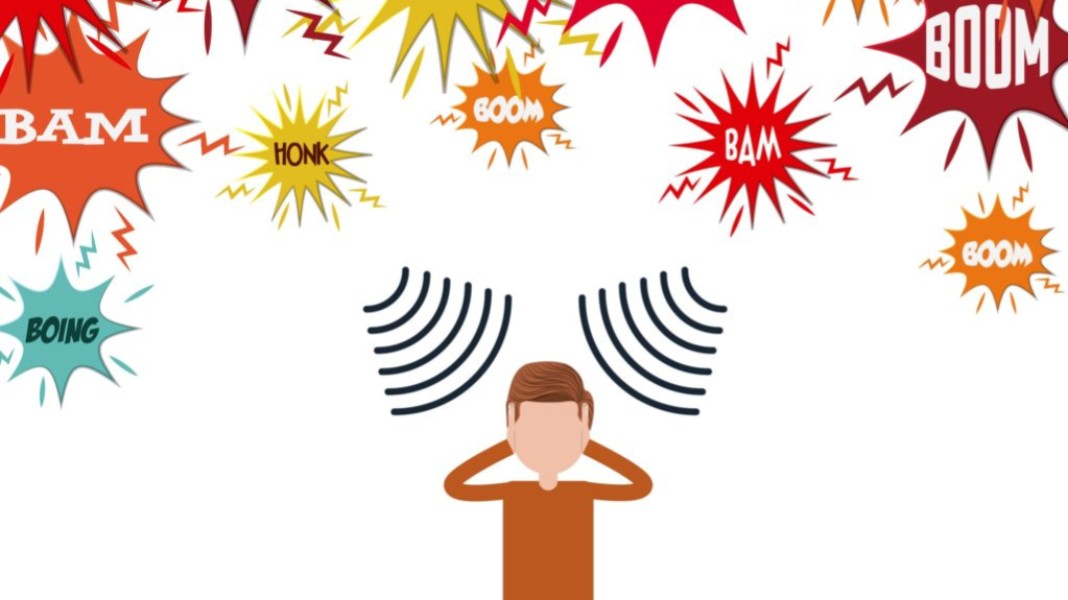What is considered a violation of the City’s noise ordinance?
For sound originating in commercial, CBD, and industrial districts, the noise ordinance uses a decibel level standard to determine whether a noise ordinance violation exists. These sound level limits are:
Sound Level Limits
| Originating District | |||
| Central Business District | Commercial | Industrial | |
|
Daytime 7:00 AM to 10:00 PM |
72 |
65 |
70 |
|
Nighttime 10:00 PM to 7:00 AM |
67 |
57 |
65 |
- In the central business (CBD) and commercial districts, daytime hours for sound level limits are extended on Friday and Saturday to 11:00 PM.
- In the central business district (CBD), nighttime sound level limits are reduced between 2:00 AM and 7:00 AM by an additional five decibels.
- The sound level limits are reduced by five decibels for any source of sound emitting a pure tone, continuous sound, cyclically varying sound, or repetitive impulsive sound.
Sound levels are typically measured from a sound receiver’s property in the proximity of where the sound is being received using the A-weighting scale (dBA) on an ANSI Class 1 or 2 sound level meter set on slow response for an interval of one minute (Leq1). Sound level limits reflect a one minute average (Leq1), not a single maximum level (Lmax) reading.
For sound originating in residential districts, public space (parks) and right-of-ways (streets, sidewalks), noise ordinance uses a noise disturbance standard to determine whether a noise ordinance violation exists.
A noise disturbance is any unreasonably loud and raucous sound or noise that:
- Endangers or injures the health or safety of humans or animals;
- Endangers or injures personal or real property; or
- Disturbs a reasonable person of normal sensitivity.
Criteria for determining whether a noise ordinance exists in these areas are:
- Whether the noise occurred during daytime or nighttime hours;
- The volume and intensity (note: may include decibel level);
- Whether the noise has been enhanced in volume or range by any type of megaphone, amplifier, or other mechanical means;
- The frequentness and duration of the noise, and;
- The nature and zoning of the area.
Read the full noise regulation ordinance here.
Report a noise complaints
How do I report a noise complaint?
- Submit a noise complaint online. Noise Compliance Division staff will follow up with you during business hours (M-F 8:30 am – 5:00 pm; closed public holidays) should they need additional information. Staff may arrange to perform investigations outside normal business hours. However, Noise Compliance staff are not on-call.
- Call the Asheville Police Department’s non-emergency line at 828-252-1110. Your call for service will be dispatched according to officer availability. Noise Compliance staff review all complaints received by APD and will follow up should they need additional information.
- For animal noise, call the Animal Services Division at 828-252-1110. Animal Services Officers are available Monday through Friday 8 a.m. to 9 p.m. and Saturday and Sunday from 1 p.m. to 9 p.m to assist with animal noise concerns.
- If your safety is in question, call 911.
For more information, visit the Noise Compliance Division webpage.
Tips for handing a noise disturbance
- Try contacting the person making noise. Many people will make a noise complaint before letting the party making the noise know there is a problem. Often, contacting the noise maker is enough to stop the noise. If you feel safe doing so, we recommend this as a first step.
- Contact your property manager, tenant/homeowners association or super. Residents who live in a multi-family community, like an apartments or condo complex, or a community with deed restrictions, should contact their tenant association, building owner, super or homeowners association if the problematic noise is in your building or community. These communities have rules about noise that residents must follow.
- Be reasonable. When living in a dense and diverse city zoned residential and commercial, a certain level of tolerance for noise should be expected. Some types of noises are permitted. Noise Compliance Division staff cannot intervene unless the noise is breaking an ordinance.
- Be patient. The Noise Compliance Division receives thousands of noise complaints a year. During busy times, responses must be prioritized.
